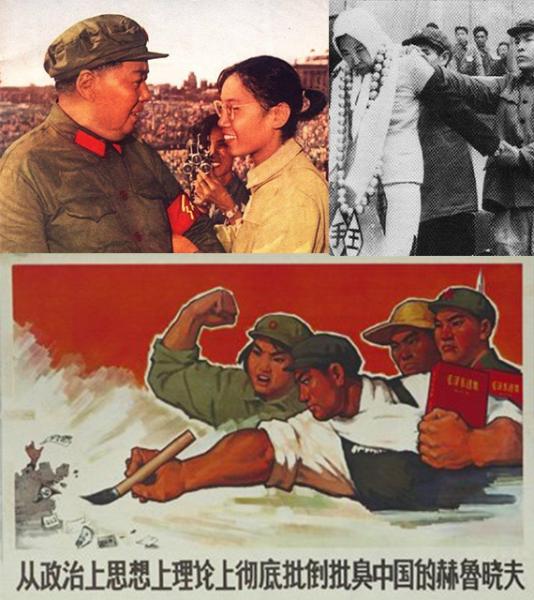Mao Zedong initiated the Cultural Revolution in 1966 to eliminate threats to his power and vision. The turmoil he sparked hammered the party-state, set in motion fierce struggles that destroyed careers and ended lives, threatened the economy and ended with military domination of state offices, schools and factories. To reduce urban strife, millions of young people were dispatched to the countryside to learn from the peasants. On top of this, leaders worried about foreign threats. Only Mao’s death in 1976 brought the Cultural Revolution to a close. Half a century later, it remains a sensitive subject in China. The Cultural Revolution is a critical moment in China’s modern history, essential for understanding the fears and policies of today.

The consequences of the Cultural Revolution for the country and its people were immediate and immense. In the ensuing decade, the Cultural Revolution shattered China’s society and economy and upended institutions such as the party-state, schools and the military. Remarkably, during this turmoil anxieties about the Soviet Union prompted Mao to welcome U.S. President Richard Nixon to China.
In this course, educators will learn about the causes, processes and legacy of the Cultural Revolution. Who and what drove it, who and what did it target and how did it proceed. The energies, hopes and lives of hundreds of millions of people were consumed by the Cultural Revolution. Discussion of the Cultural Revolution remains sensitive within China, though the party officially ruled that it “was totally wrong in its theory and practice.”
Discussion of this dynamic era as well as artifacts from it can be incorporated into a variety of courses including world history, comparative government and economics. Literature, films and art from or set in the era can enrich language arts courses and aid in teaching visual literacy.
Register Here
Materials and Requirements
Participating educators will receive a variety of resources. They’ll have a chance to read first person accounts (including those of children), interpret propaganda performances and posters, and other materials. Participants will view recorded lectures and read assignments on their own schedules and will be required to contribute to our online discussion forum and to participate in a weekly live discussion session via Zoom.
Benefits
Participating educators meeting course requirements can receive
- certificates of completion,
- continuing education units (covered by USCI) or LAUSD salary points.
The live Zoom discussion sessions are listed below:
Week | Zoom Date | Topics |
1 | Tues 3/4 | “Bombard the Headquarters” - Origins of the Cultural Revolution
|
2 | Tues 3/11 | Posters, Slogans and the Little Red Book - Mobilization
|
3 | Tues 3/18 | Power from the Barrel of a Gun – Army Control and Factionalism
|
4 | Tues 3/25 | Attacking the Old, Manufacturing the New – Culture in the Cultural Revolution
|
5 | Tues 4/1 | Foreign Affairs and Perceptions of the Cultural Revolution Abroad |
Clayton Dube, USC U.S.-China Institute director emeritus and senior fellow, will teach China’s Cultural Revolution.
Interested? Please send an email to asiak12@usc.edu. Please include your name, your school and its location. We'll contact you when registration opens on December 2, 2024. Space in the seminar is limited.
This seminar is possible because of a generous grant from the Freeman Foundation and is offered in conjunction with the National Consortium for Teaching about Asia.
